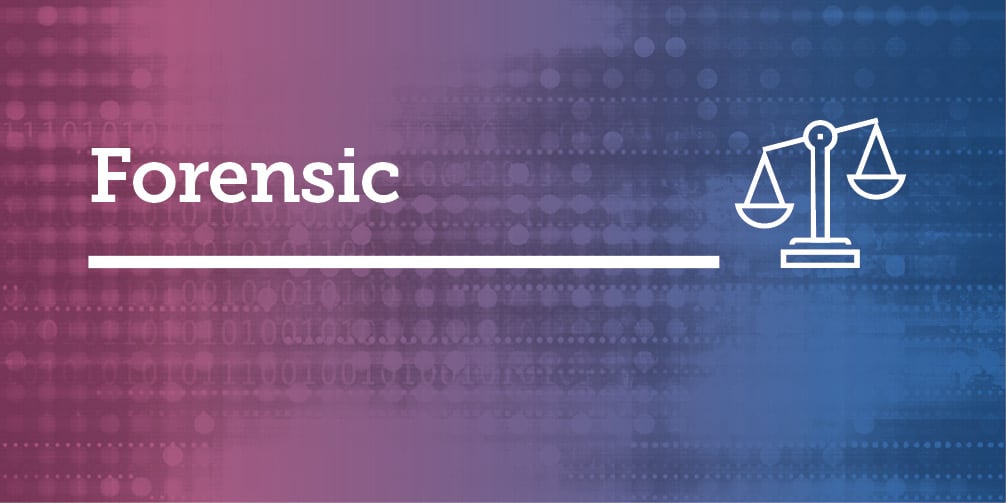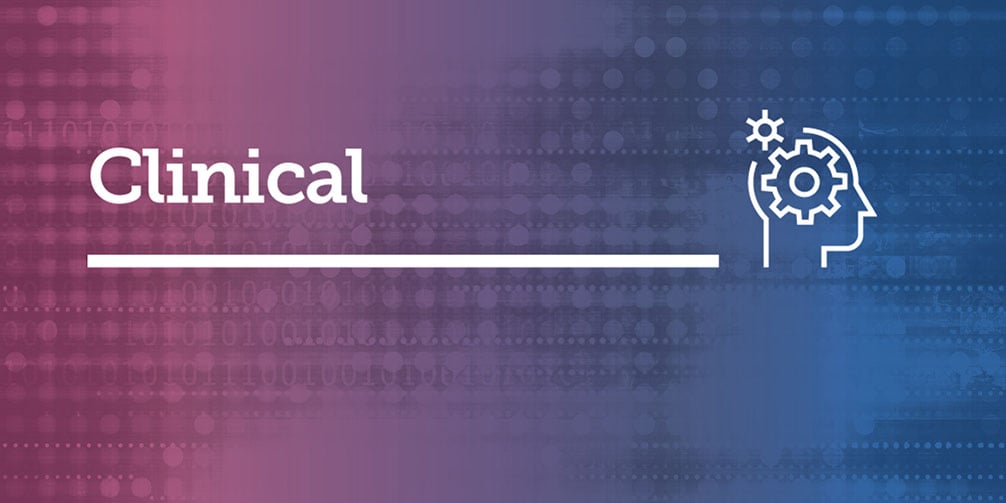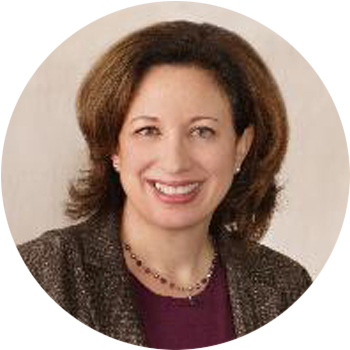Course Catalog
Browse over 100 self-paced continuing and professional studies programs .
Show All
Show All
Show All
Show All
Show All
Show All
 16 Hours / 14 CEs
16 Hours / 14 CEs

Barry Rosenfeld, PhD, ABPP
LIVE: Assessing Malingering: Foundational Issues and Developments
1776211200000Event Date: Apr. 15, 2026 - Apr. 16, 2026
6:00 AM - 2:00 PM

04/15/2026
14
liveassessingmalingeringfoundationalissuesanddevelopments
600
 4 Hours / 4 CEs
4 Hours / 4 CEs

Mary Elizabeth Wood, Ph.D., ABPP
LIVE: Competence to Stand Trial Evaluations & Competency Training for Individuals with Intellectual Disability (ID)
1774569600000Event Date: Mar. 27, 2026 | 9:00 AM - 1:00 PM
03/27/2026
4
livecompetencetostandtrialevaluationscompetencytrainingforindividualswithintellectualdisabilityid
200
 3 Hours / 3 CEs
3 Hours / 3 CEs

Jared Boot-Haury, PsyD, ABPP
LIVE: Culturally Responsive Care with Asexual Clients
1781222400000Event Date: Jun. 12, 2026 | 9:00 AM - 12:00 PM
06/12/2026
3
liveculturallyresponsivecarewithasexualclients
150
 8 Hours / 7 CEs
8 Hours / 7 CEs

Randy Otto, PhD, ABPP
LIVE: Effective Expert Testimony
1772668800000Event Date: Mar. 5, 2026 | 9:00 AM - 5:00 PM

03/5/2026
7
liveeffectiveexperttestimony
350
 7 Hours / 7 CEs
7 Hours / 7 CEs

Randy Otto, PhD, ABPP
LIVE: Ethics in Forensic Psychology Practice
1778112000000Event Date: May. 7, 2026 | 9:00 AM - 5:00 PM

05/7/2026
7
liveethicsinforensicpsychologypractice
350
 16 Hours / 14 CEs
16 Hours / 14 CEs

Lisa M. Drago, Ph.D., ABPP
LIVE: Forensic Evaluation of Workplace Disability
1776729600000Event Date: Apr. 21, 2026 - Apr. 22, 2026
9:00 AM - 5:00 PM

04/21/2026
14
liveforensicevaluationofworkplacedisability
600
 3 Hours / 3 CEs
3 Hours / 3 CEs

Sharlisa L. Byrd, LMFT
LIVE: Healing the Healers: Introducing the BYRD Model for Culturally Rooted Trauma Care
1780617600000Event Date: Jun. 5, 2026 | 9:00 AM - 12:00 PM
06/5/2026
3
livehealingthehealersintroducingthebyrdmodelforculturallyrootedtraumacare
150
 16 Hours / 14 CEs
16 Hours / 14 CEs

John Fabian, Psy.D., J.D., ABPP
LIVE: High-Stakes Sentencing: Forensic Psychology, Neuropsychology, Mitigation and Risk at the Point of Punishment
1778544000000Event Date: May. 12, 2026 - May. 13, 2026
9:00 AM - 5:00 PM

05/12/2026
14
livehighstakessentencingforensicpsychologyneuropsychologymitigationandriskatthepointofpunishment
600
.jpg) 1 Hour / 1 CE
1 Hour / 1 CE

Shiveta Gandotra, PhD
LIVE: Scrolling Minds: Understanding and Addressing the Mental Health Effects of Social Media
1777248000000Event Date: Apr. 27, 2026 | 9:00 AM - 10:00 AM
04/27/2026
1
livescrollingmindsunderstandingandaddressingthementalhealtheffectsofsocialmedia
75

